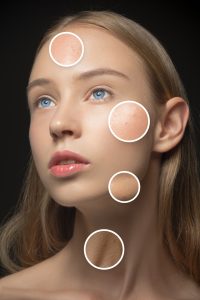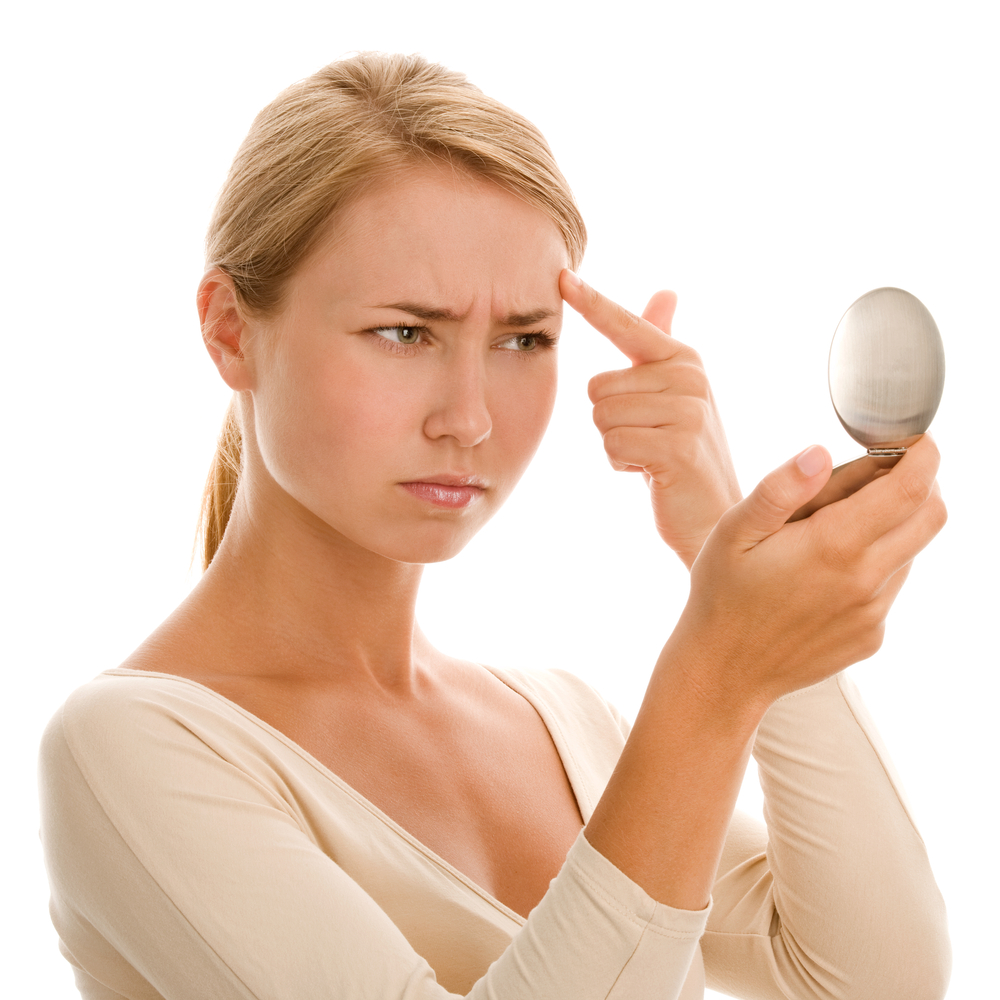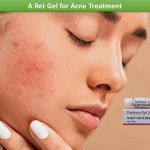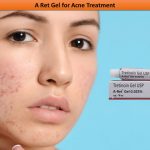Acne is one of the most common skin disorders across the world and has an impact that goes more than skin deep. It is associated with depression and anxiety too. However, no matter how severe the acne is, it can be controlled and managed with the right Acne treatments.
Whether it is the first time you are facing acne, or you have had flare-ups in the past also, you should check with your dermatologist to find a treatment plan to get your acne under control. There are a good number of acne treatments options available to get a healthy skin, via skin care regimen that can work best for you, but before that it is important to know the causes of acne.
Acne is often misunderstood. Some people think that it is caused by dirt and is contagious; both of these are untrue. There are several factors such as stress, erratic lifestyle and poor diet that can lead to acne. Hormonal fluctuations too can cause acne; therefore, women may be more susceptible to it during menstruation, menopause, and pregnancy. Our skin has oil glands that produce oil. When the skin pores get clogged with oil, dead skin cells, and bacteria, it leads to acne. The severity of acne is determined by the type and scope of lesions on the skin. Moderate acne is characterized by non-inflammatory and inflammatory lesions. Severe acne comprises numerous papules, pustules, and cysts.
Acne is broadly categorized into three types.
Comedonal acne – This is a type of mild acne that involves whiteheads and blackheads. It is formed due to a component of skin oil known as sebum, which together with old skin cells clogs the pores of the skin. Comedonal acne generally appears more on the nose, chin and forehead.
Inflammatory acne – This type of acne occurs when the area just near the “plu” (the whitehead or blackhead) becomes inflamed and reddened.
Cystic acne – This is the most severe type of acne that develops due to an actual infection in the area of the outbreak. These types of acne generally happen when androgens (a hormone) play its part. It is quite painful and can lead to permanent scarring.
Acne Treatment Options:
The type of acne treatment that works for you will depend on the kind of acne you have and the other factors that seem to trigger the outbreaks.
The concept of acne treatment is to reduce sebum production, limit bacterial growth, enhance skin cell shedding and unclog pores. Some acne treatments are prescribed by dermatologists while others are available over the counter. While trying to get rid of acne, remember all acne cases are not created equal, and neither are the acne treatments. As acne differs in severity, they will not respond in the same way to the treatment methods.
- Comedonal Acne Treatments
Generally, teenagers and young adults suffer from most cases of mild comedonal acne. These can be treated with traditional gels and topical creams. Some of the most common ones include Retin-A, Renova, Differin, and Tazorac. These products work by unblocking the clogged pores. Your dermatologist may combine a topical retinoid with an oral antibiotic such as doxycycline, minocycline, tetracycline or erythromycin that destroys the bacteria that caused the inflammation. Each of the antibiotics has its own side effects. Therefore, dermatologists will work with their patients to find an antibiotic that suits them the best.
Keep in mind, mild to moderate comedonal acne can be further increased by external triggers such as hair makeup and gels.
- Hormonal Acne Treatments
Most cases of this type of acne are “hormonal” in nature. They generally occur mostly in teenage girls and are aggravated by hormonal fluctuations like those that happen during the menstrual cycle. For these women, dermatologists often suggest oral contraceptives or some medications.
Experts say that oral contraceptives are highly effective in treating acne. However, you have to give them time to work. It is recommended that you give the pills at least three months time before judging its effect. It is not an overnight process and generally requires about six months to benefit the user.
Women who are smokers or are otherwise at high risk are not advised to use oral contraceptives. These women and those who get only partial acne relief from the contraceptives are generally also recommend a medication known as spironolactone to treat the acne.
- Cystic Acne Treatments
When acne does not respond to oral antibiotics and topical retinoids, an acne sufferer are advised to use isotretinoin or a procedure-based treatment for acne that involves using light treatment or laser to reduce inflammation and destroy acne-causing bacteria.
Non-prescription acne treatment:
- Water and soap– To treat acne, gently cleanse the face with soap and water at least twice a day. This will help to get rid of excess oils from the face and can work to alleviate acne. While cleaning your face, remember to avoid aggressive scrubbing as it can injure the skin and lead to other skin issues.
- Cleansers – There are several cleansers that are available in the market today that help to treat acne. You can choose the one that best suits your skin type and severity of the acne.
- Benzoyl peroxide– For mild acne, your dermatologist may recommend treatment with non-prescription medication that contains benzoyl peroxide. The product works by destroying the bacteria associated with acne and by preventing dead skin cells blocking the pores. The compound generally takes four weeks to work and you may be advised to continue even after the acne has cleared to prevent future outbreaks. It is available in different forms such as gels, washes, lotions, and creams. While using it, keep in mind, the compound can cause dry skin and bleach fabrics. Therefore, take necessary precautions while using it.
To conclude, while the occasional acne needs no treatment and generally goes away on its own, it is best to seek medical help to treat inflammations of a more severe nature. If you are afflicted with acne, do not think that it will go away on its own. Consult a dermatologist as soon as possible, and remember, with the right treatment, acne can be controlled and future outbreaks can also be prevented.





